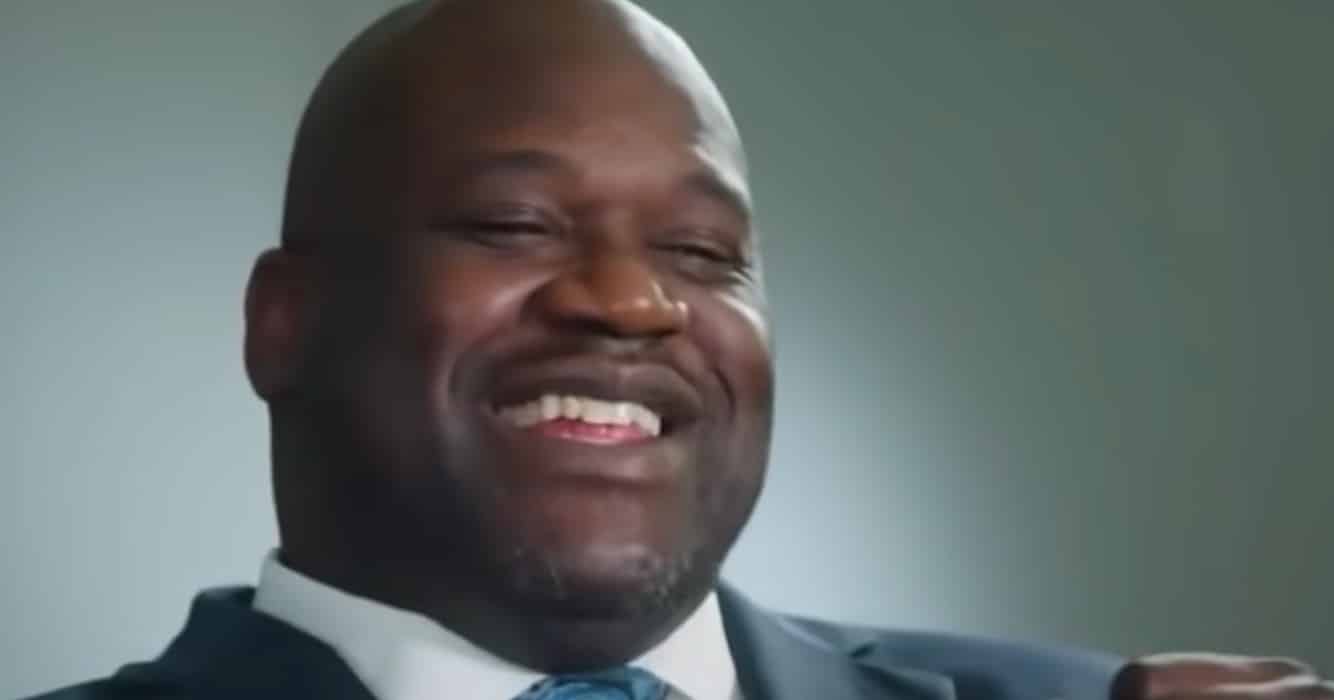In South Korea, mandatory military service is a well-known national obligation for all male citizens, a responsibility that often impacts the careers of athletes, artists, and entertainers. Recently, discussions have emerged around the question, “Will Faker go to military service?” Faker, the legendary player from the T1 League of Legends team, has been at the center of these discussions. This article examines Faker’s situation regarding military service, the exemption status in South Korea, and the reaction of BTS fans to the exemptions granted to members of the T1 team.
The Mandatory Military Service in South Korea

In South Korea, all able-bodied men between the ages of 18 and 28 are required to serve in the military for approximately 18 to 21 months. This national duty has significant implications for young men in various fields, particularly in the realms of sports and entertainment, where career momentum is critical.
Will Faker Go to Military Service?

Faker, born in 1996, falls within the age bracket for mandatory military service. As one of the most acclaimed players in the esports world, the question of whether Faker will go to military service has been a topic of interest not only for his fans but also for the esports community at large. Faker’s involvement in T1 and his status as an esports icon bring additional complexity to this question.
Exemptions and Controversies
South Korea has, in the past, granted exemptions from military service to athletes and artists who have significantly contributed to the country’s global reputation and cultural prestige. These exemptions, however, are typically reserved for those who have achieved top honors in major international competitions. The debate around whether esports athletes, like Faker, should be eligible for such exemptions has been ongoing.
The Situation with T1 and Exemptions

Recently, members of the T1 League of Legends team, including Faker, were granted exemptions from the mandatory military service, sparking a wide range of reactions. This decision was based on their contributions to the field of esports and the recognition they have brought to South Korea on international platforms.
BTS Fans’ Reaction
The exemption of T1 members, including Faker, drew notable reactions from fans of the globally popular K-pop group BTS. BTS fans, known as ARMY, expressed their discontent, pointing out the inconsistency in exemption policies, especially since BTS members have not been granted similar exemptions despite their immense global influence and contribution to South Korean culture.
Impact on Faker’s Career

The exemption from military service is significant for Faker’s career. Will Faker go to military service or not is a question that influences not just his professional trajectory but also the future of the T1 team and its performance. Continuity is crucial in esports, and an interruption for military service could have impacted Faker’s skills and the team’s dynamics.
Broader Implications for Esports

The exemption granted to Faker and his teammates sets a precedent in the realm of esports, recognizing it as a field worthy of such considerations, much like traditional sports. This decision could pave the way for future exemptions for other esports athletes, acknowledging their contributions to national prestige.
Future of Military Service Exemptions
The situation with Faker and the reaction of BTS fans highlight a broader conversation about the criteria and fairness of military service exemptions in South Korea. It raises questions about cultural value, global impact, and the criteria used to judge worthiness for exemptions.
Life After Esports and Military Service
The question of “Will Faker go to military service?” and the subsequent exemption granted to him and his T1 teammates represent a significant moment in the intersection of esports, cultural policy, and national obligations in South Korea. The reaction from BTS fans underscores the complexities and sensitivities surrounding military service exemptions. As South Korea continues to grapple with these issues, the decisions made will undoubtedly have far-reaching implications for individuals in various fields, from esports to music and beyond.


